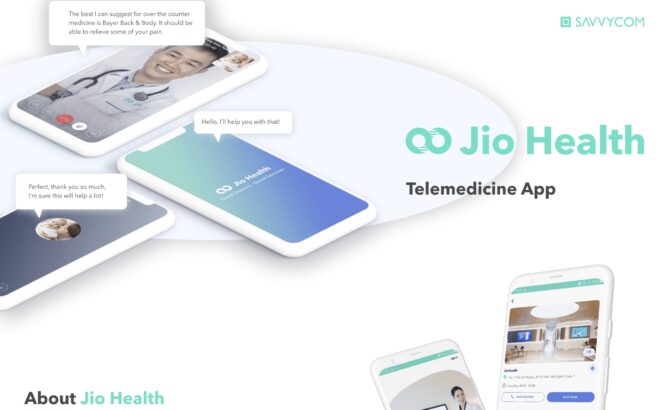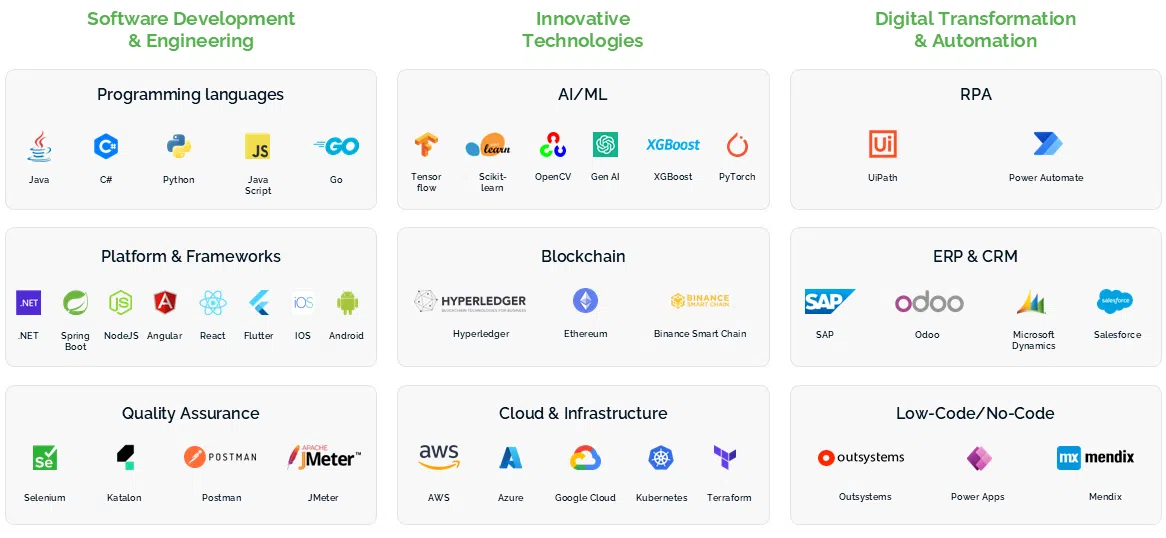Empowering organizations to harness their data with precision, insight, and scalability. Savvycom’s data services drive growth, optimize processes, and enable strategic decision-making that keeps your business competitive.
Savvycom Data Services
Trusted by hundreds of businesses



Data at the Core of Business Transformation
Data today is more than a strategic asset; it’s essential for survival. Companies that effectively manage and utilize their data gain a significant competitive edge, improving decision-making, enhancing customer engagement, and driving innovation. However, as the complexity of data grows, many businesses struggle with data overload and integration.
180 Zettabytes on Global Volume
By 2025, the data explosion will reshape industries with exponential growth expected. Companies must invest in scalable solutions to store, process, and analyze this massive resource or risk falling behind in the era of real-time insights.
80% Businesses Prioritize Data
By 2024, more than 80% of global businesses identify data-driven initiatives as critical to their growth and competitive advantage. This emphasis underscores the role of data as a key enabler in digital transformation strategies.
$103 Billion for Data Market
The global market for data platforms is projected to surpass $103 billion by 2028, reflecting a compound annual growth rate (CAGR) of 12.3% from 2023. This growth is driven by increasing adoption of AI, machine learning, and advanced analytics capabilities.
Our Comprehensive Data Services Portfolio
Savvycom delivers a full suite of data services to guide you from strategy through deployment, allowing you to unlock actionable insights, make data-driven decisions, and remain competitive.

Data Integration & Migration
Savvycom consolidates diverse data sources into a streamlined, centralized environment, enhancing data consistency, accuracy, and accessibility. By ensuring smooth transitions and system compatibility, we mitigate downtime risks and secure data integrity.
Data Strategy Consulting
We work closely with you to shape a tailored data roadmap that aligns with your unique business goals, turning data into a strategic asset that drives growth. Our approach ensures that every data initiative is purposeful, maximizing ROI while enhancing long-term sustainability.
AI & ML Development
Savvycom’s AI-driven predictive models offer foresight into customer behavior and operational trends, empowering your business to proactively optimize processes, enhance customer experiences, and stay ahead of industry shifts.

Analytics & Business Intelligence
Our BI solutions, enhanced with AI capabilities, empower stakeholders with real-time insights that inform critical business decisions across all departments. By transforming complex data into intuitive visualizations, we provide your team with actionable insights that improve operational efficiency and strategic decision-making.
Industry-Specific Data Solutions
Savvycom provides industry-specific data solutions that address the unique challenges of each sector, from regulatory compliance to customer behavior insights.

#01 BFSI
Financial institutions leveraging data analytics report a reduction in fraud-related losses by as much as 20%. Savvycom’s advanced data analytics streamline fraud detection, improve risk assessments, and enhance regulatory compliance.

#02 Healthcare
Our solutions help securely manage patient records, streamline workflows, and enable predictive diagnostics, essential for proactive patient care as AI-driven diagnostics have been shown to increase diagnostic accuracy by up to 30%, reducing medical errors and enhancing patient outcomes.

#03 Manufacturing
Predictive maintenance solutions reduce manufacturing downtime by approximately 35%, cutting maintenance costs and boosting productivity. We provide predictive analytics for maintenance, quality control, and production efficiency, minimizing operational disruptions.

#04 E-commerce & Retail
Companies employing data personalization techniques see customer loyalty improvements of around 25%, driving repeat business. Our services will optimize inventory control, personalize customer experiences, and harness sales forecasts with data-driven insights.
Tailored Approach to
Business Needs
Savvycom delivers secure, cost-effective data solutions by integrating your business model, compliance needs, and technology options into a unified strategy.

Company Model
- Analyze your business model and data use.
- Audit data journeys and align with strategic goals.

Tech Mapping
- Choose between native or best-in-class technologies.
- Develop a compliance-ready tech roadmap.

Data Usage
- Define personas, governance, and use cases.
- Plan scalable, secure storage solutions.

Solution Build
- Prioritize impactful use cases and create robust frameworks.
- Build pipelines, validate data, and enable seamless integration.
Why Savvycom’s Data Services is a Game-Changer
Tailored Solutions
Each solution is customized to meet unique business challenges, from industry-specific analytics to scalable data warehousing.
Deep Expertise
Our team comprises experts in machine learning, big data, and predictive analytics, transforming raw data into actionable insights.
Security First
Our solutions prioritize data security, ensuring all information is protected under stringent compliance regulations.
Future-Ready
Our systems are built to scale, allowing seamless adaptation as your business grows and your data needs evolve.
Our Data Services Process
Our development structured yet adaptable process ensures that clients realize long-term, data-driven value, supported
by secure, scalable, and insightful solutions tailored to each industry.
01
Discovery
Identify business goals, specific data needs, and pain points to align with industry standards and growth objectives.
02
Strategy & Roadmap
Craft a custom data strategy, covering data governance, security protocols, and a phased rollout plan for measurable impact.
03
Integration & Setup
Unify disparate data sources and establish a structured infrastructure for accessible, accurate data flow.
04
Analytics & Modeling
Custom analytics and AI models are developed to deliver actionable insights and predictive capabilities.
05
Training & Adoption
Users receive practical training to ensure effective tool usage and data-driven decision-making across departments.
06
Ongoing Optimization
We provide continuous support, auditing system performance, and refining models as business needs evolve.
Our Talking Numbers
Our Success Stories
Kokkiri partnered with us to create a meditation mobile app that provides relaxing sound recording and psychology classes for healing and relaxation of the mind.
Country: South Korea | Industry: Healthcare | Scale: SMEs | Category: Meditation App
30.000+
cross-continent users served at the same time
50.000+
app installs after only 10 days of launching
No.1
app for Fitness and Healthcare

The Cambodian bank offers comprehensive financial services, including loans, bill payments, and banking services, tailored to meet the diverse needs and preferences of their clients.
Country: Cambodia
Scale: 92 branch offices, 10,000+ employees
Industry: BFSI
Category: Financial Mobile App, Data Migration, Integration, Security

KG KAIROS represents a pioneering collaboration between KG Group and the Korean Ministry of Employment and Labor. This program combines education with practical projects, designed to elevate the real-world capabilities in AI and Robotics.
Country: South Korea
Scale: Large Corporation
Industry: Education
Category: Web Development

Jio collaborated with Savvycom to create a cost-effective, smart engagement system that helps improve community health and bridges the gap in accessing private healthcare between patients and doctors.
Country: Vietnam
Scale: 4 facilities, 200+ doctors
Industry: Healthcare
Category: Telemedicine App

Techstacks We’re Using
As a leading software development company providing AI solutions, our developers excel in every relevant language and framework.

FAQs
Do you have more questions? We have answers.
Savvycom follows strict data governance protocols, implementing advanced encryption, multi-factor authentication, and compliance with regulatory frameworks like GDPR, HIPAA, and ISO 27001. Our security measures are continuously updated to counter evolving cybersecurity threats and ensure industry compliance, which is critical for industries like healthcare and finance where data breaches are costly and highly regulated.
We specialize in phased data migration strategies that reduce downtime, eliminate redundancy, and validate data integrity at every stage. Our team uses best practices to ensure minimal disruption and maximum alignment with new systems, allowing organizations to transition smoothly and with immediate benefits in data accessibility and accuracy.
Depending on the complexity of the solution, deployment can vary from a few weeks to several months. We focus on rapid deployment without compromising quality, allowing businesses to start seeing ROI through immediate improvements in decision-making, customer engagement, and operational efficiency. Many clients report significant returns within six months due to reduced errors, optimized processes, and enhanced insights.
Our team provides end-to-end support that includes continuous monitoring, system updates, data quality audits, and advanced training sessions. This approach ensures your data solutions remain scalable and adapt to your evolving business needs, keeping your organization competitive and fully data-driven.



